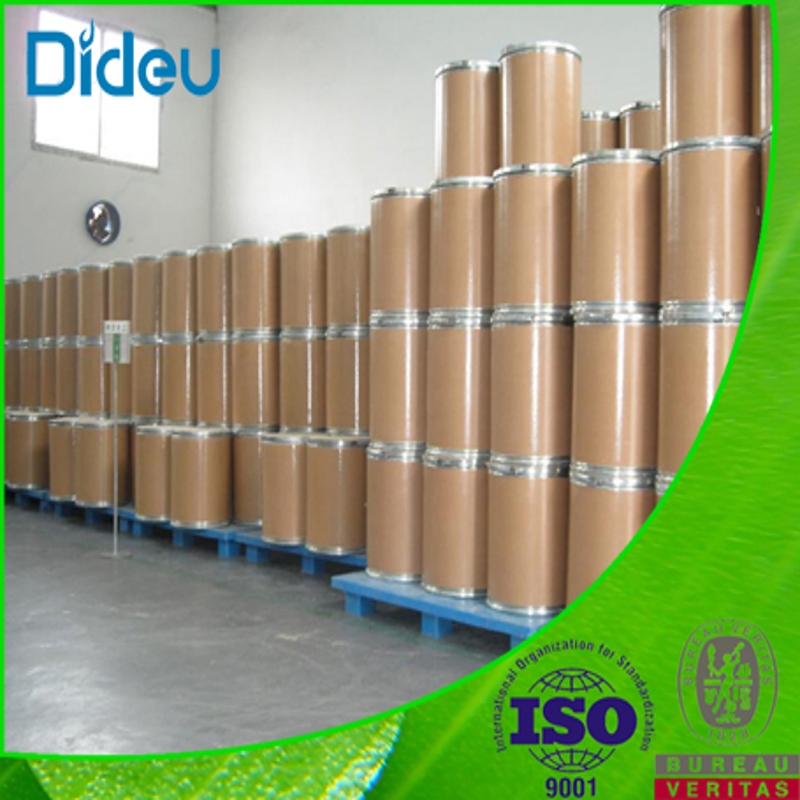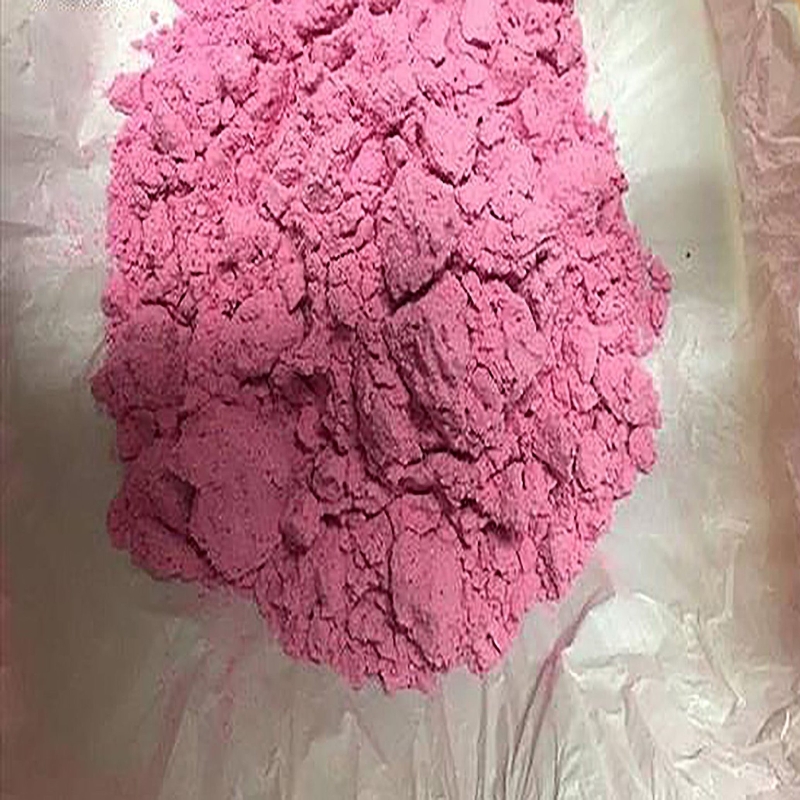-
Categories
-
Pharmaceutical Intermediates
-
Active Pharmaceutical Ingredients
-
Food Additives
- Industrial Coatings
- Agrochemicals
- Dyes and Pigments
- Surfactant
- Flavors and Fragrances
- Chemical Reagents
- Catalyst and Auxiliary
- Natural Products
- Inorganic Chemistry
-
Organic Chemistry
-
Biochemical Engineering
- Analytical Chemistry
-
Cosmetic Ingredient
- Water Treatment Chemical
-
Pharmaceutical Intermediates
Promotion
ECHEMI Mall
Wholesale
Weekly Price
Exhibition
News
-
Trade Service
On February 19, the official website of the Central Commission for Discipline Inspection published an article "Eradication of the breeding ground for medical corruption".
How to do the "second half of the article" on medical corruption cases?
How to do the "second half of the article" on medical corruption cases?Take the case of the First Affiliated Hospital of Wenzhou Medical University as an example.
In addition, the annual reports of more than 290 listed pharmaceutical companies across the country were collected to analyze and interpret sales expenses.
Prominent problems such as corruption, rebates, and monopoly price increases have existed for a long time in the pharmaceutical field, which not only disrupts the order of the industry, but is also an important reason for the falsely high prices of medicines.
Since December last year, in less than two months, this is the eighth time the Central Commission for Discipline Inspection has emphasized medical anti-corruption.
Since December last year, in less than two months, this is the eighth time the Central Commission for Discipline Inspection has emphasized medical anti-corruption.
On January 22, the Fifth Plenary Session of the 19th Central Commission for Discipline Inspection of the Communist Party of China was held in Beijing.
On January 22, the website of the State Supervision Commission of the Central Commission for Discipline Inspection released a video and text report that disclosed the details of the fall of two former Shenzhen health system officials, which mentioned that as the head of the health supervision and management department, they accepted bribes from the supervision process of access and law enforcement.
On January 17 and 19, the Central Commission for Discipline Inspection issued two articles naming the purchase and sale of medicine corruption.
On December 24, the official website of the Central Commission for Discipline Inspection issued a notice stating that according to the Yunnan Provincial Commission for Discipline Inspection, Ma Moumou, the former vice president of the Fuwai Cardiovascular Hospital of Yunnan Province, was suspected of serious violations of discipline and law.
On December 1, the Central Commission for Discipline Inspection published an article "Taking the Case as a Lesson | The Good Deans of the Past Became a Prisoner", naming the issue of the deans of primary medical institutions receiving rebates for consumables.
In addition, in order to correct the trend of medical corruption, relevant supporting policy documents related to the pharmaceutical industry chain have been continuously promulgated.
In addition, in order to correct the trend of medical corruption, relevant supporting policy documents related to the pharmaceutical industry chain have been continuously promulgated.
Since then, the National Medical Insurance Bureau also issued a document stating that various forms of commercial bribery, such as "kickbacks", to be implemented at all levels and types of medical institutions and their staff will be investigated from the source, including hiring personnel and entrusting agencies.
In September last year, the National Medical Insurance Administration issued the "Guiding Opinions on Establishing a Pharmaceutical Price and Recruitment Credit Evaluation System", which will take appropriate measures against untrustworthy pharmaceutical companies that have outstanding problems such as rebates and monopoly price increases.
In addition to pharmaceutical equipment manufacturers and sellers, pharmaceutical representatives, an important link in the chain of drug delivery rebates, have become the focus of supervision.
From cracking down on illegal activities by practitioners in medical institutions, to establishing a credit evaluation system for pharmaceutical companies, and to regulating the behavior of pharmaceutical representatives, it can be seen that the state has increased its efforts to combat pharmaceutical corruption.
Obviously, as the country continues to clarify behavioral red lines in the field of pharmaceutical purchases and sales and medical services, the specialized actions in the field of pharmaceutical purchases and sales have become more and more in-depth.
There is no doubt that in the future, medical anti-corruption efforts will be taken to a higher level, and both parties who accept bribes will not escape the "anti-corruption net".







